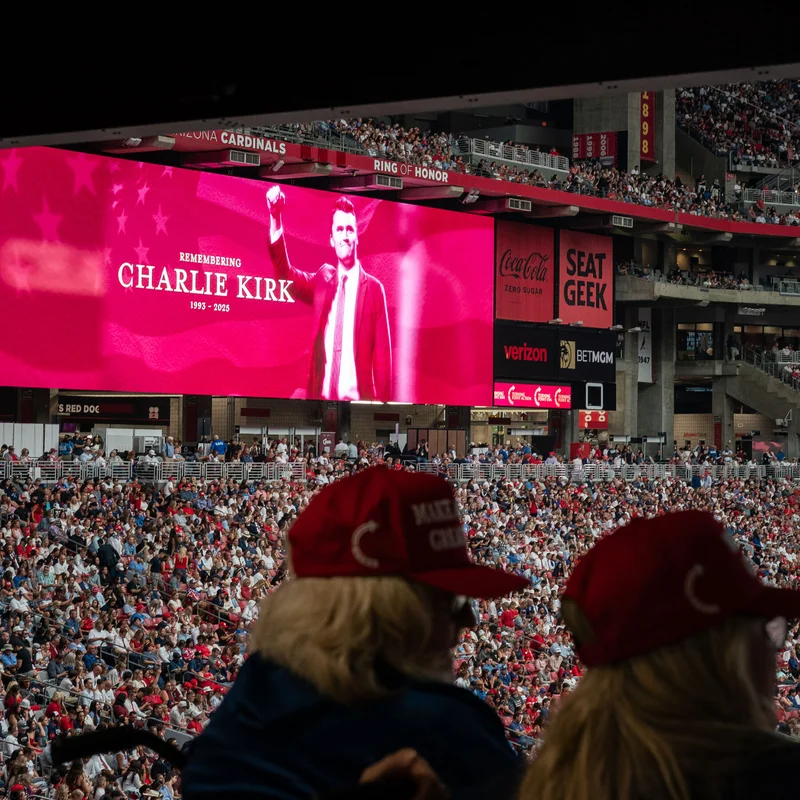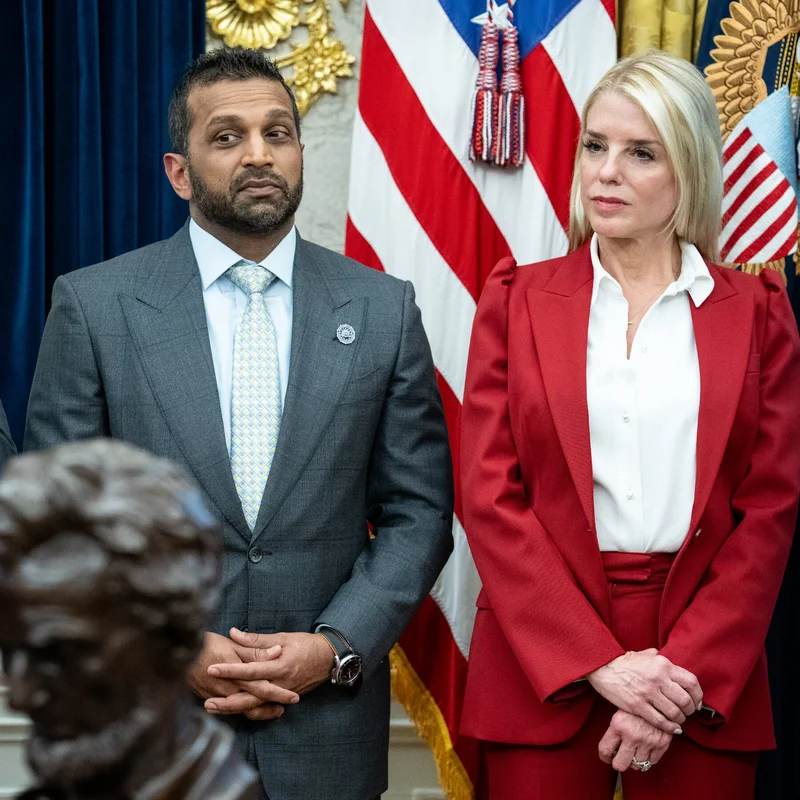Table of Contents
- Race-Day Anxiety Unlike Any Other
- Why Immigration Enforcement Is a Concern
- The Marathon Route Through Immigrant Neighborhoods
- International Runners on Edge
- Chicago’s Response: ‘We Won’t Bend the Knee’
- Runners Rally in Solidarity
- What Runners Should Know Before Sunday
- Sources
Race-Day Anxiety Unlike Any Other
For decades, marathon runners have worried about blisters, hydration, and hitting “the wall.” But this year, participants in the Chicago Marathon face a new and unsettling fear: immigration enforcement.
With more than 50,000 runners set to take to the streets this Sunday—including roughly 20,000 from abroad—many are asking whether they’ll be safe while racing through neighborhoods that have become flashpoints in the national debate over immigration policy .
Why Immigration Enforcement Is a Concern
The Trump administration’s recent push to deploy National Guard troops to Chicago and ramp up immigration raids has created a climate of uncertainty. Rumors have swirled online about federal agents potentially using the marathon as an opportunity to conduct enforcement actions—especially since the route cuts through heavily immigrant-populated areas like Pilsen and Little Village .
Though the Chicago Park District has stated it has received no official notice of such plans, the lack of clarity has done little to calm nerves. “We’ve gotten word that roughly 3,000 runners from Mexico have signed up for this marathon, and I want all of them to come,” said Mayor Brandon Johnson. “I believe the best way in which we can demonstrate resistance is not bending the knee to tyranny” .
The Marathon Route Through Immigrant Neighborhoods
The Chicago Marathon is famed for its flat, fast course and vibrant community support. But this year, that very strength—the race’s passage through 29 diverse neighborhoods—has become a source of tension.
| Neighborhood | Immigrant Population | Known For |
|---|---|---|
| Pilsen (Lower West Side) | Primarily Mexican American | Murals, cultural festivals, strong community ties |
| Little Village (Southwest Side) | Over 80% Latino | “Mexico of the Midwest,” bustling commercial corridor |
These communities have already seen reduced foot traffic and heightened anxiety in recent weeks due to fears of raids—making the prospect of a high-visibility event like the marathon both a symbol of resilience and a potential risk.
International Runners on Edge
About 40% of this year’s field—roughly 20,000 athletes—are traveling from outside the U.S. Many have taken to social media to ask urgent questions: Should I carry my passport? Could the race-tracking app be used against me? What if I see someone detained mid-race?
Some runners have even considered withdrawing, despite months of training. Others are adjusting privacy settings on apps like Strava or Garmin to avoid broadcasting their location in real time.
Chicago’s Response: ‘We Won’t Bend the Knee’
City officials have moved quickly to reassure participants. Mayor Johnson and the Chicago Police Department have emphasized that the marathon remains a protected, celebratory event. Local advocacy groups have also set up legal aid hotlines and “know your rights” info booths near the start line.
Still, the federal-state standoff looms large. With National Guard troops already in the city under controversial orders, the line between public safety and political theater has blurred.
Runners Rally in Solidarity
In online forums like Reddit and Instagram, a powerful message has emerged: Runners will support runners.
One viral post read: “Tell your friend to run sub 3 with me. If anyone even looks at him crossing that finish line, I’ll protect him and don’t care what it takes.” Such gestures reflect the global running community’s ethos of inclusion—even in the face of political tension.
What Runners Should Know Before Sunday
- No official immigration enforcement plans have been confirmed for race day by federal or local authorities.
- Carry ID if you’re an international visitor—but keep it secure.
- Use privacy settings on fitness apps to limit real-time location sharing.
- Know your rights: You have the right to remain silent and ask for legal counsel if approached by federal agents.
- Look for support: Legal observers and volunteer marshals will be stationed along the course.
For more information, visit the official Chicago Marathon website or the National Immigration Law Center.




